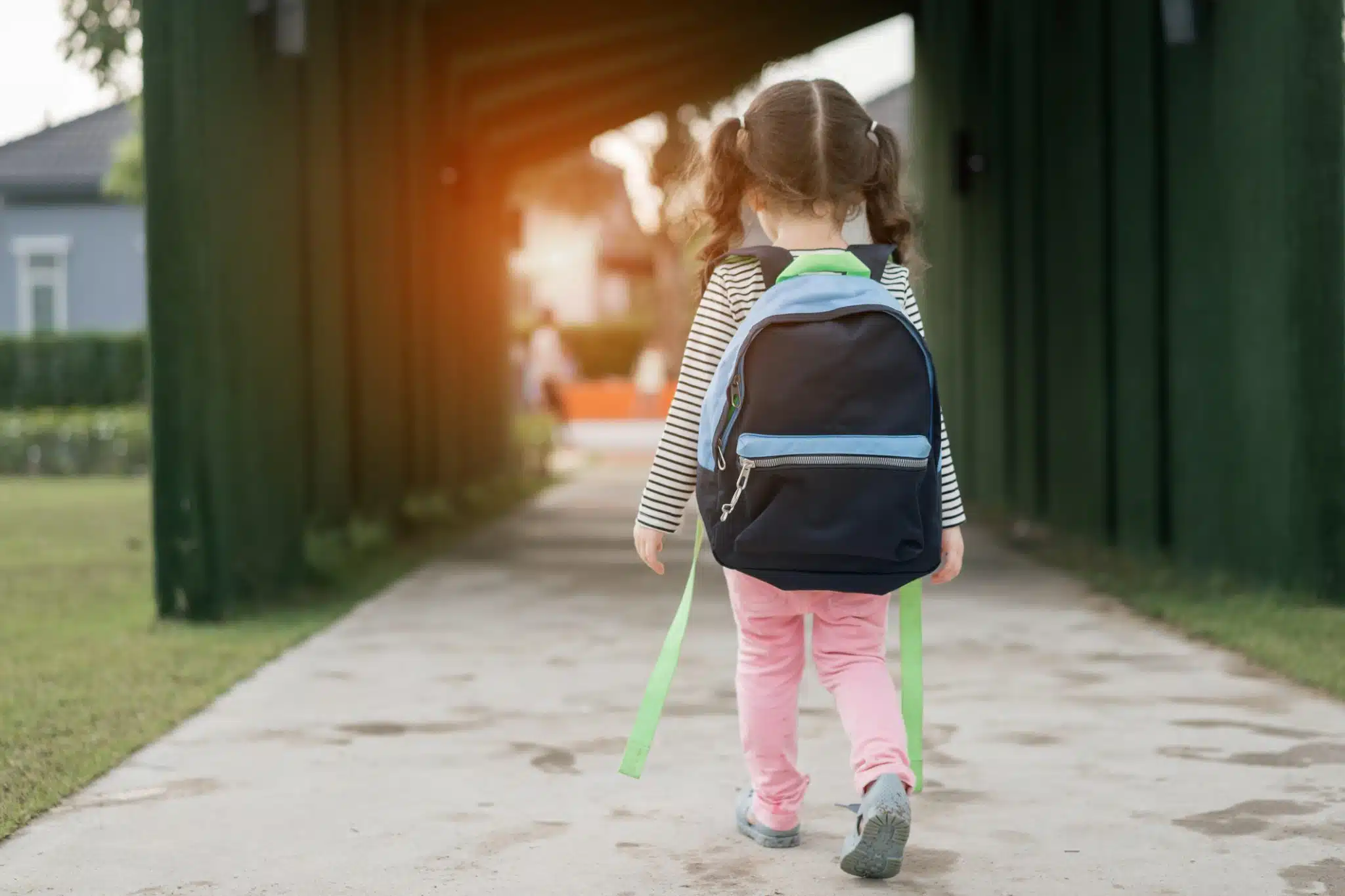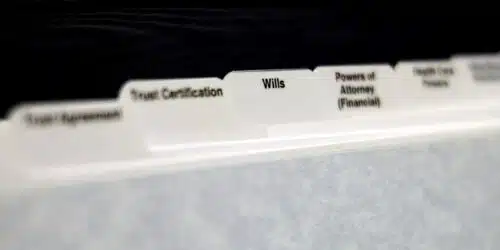In Ontario, the Office of the Children’s Lawyer (OCL) can become involved in custody and access disputes and make recommendations to the court about what arrangements would be in the best interests of the child(ren) in question.
Once the OCL accepts a Judge’s request to conduct an assessment, the OCL will refer the matter to their panel of experienced social workers, one of whom will become the assigned clinician. The clinician conducts an independent investigation resulting in a report and recommendations to the court. These reports are similar to private custody and access assessments but are publicly funded.
The OCL report is filed with the court. The report will outline the steps that the clinician took in conducting the investigation — who was spoken to, what information was received, what was observed, and what the clinician recommends for the child(ren) in question. The recommendations are provided to the parties and lawyers in an OCL disclosure meeting where the clinician has the opportunity to tell the parties what the recommendations are and why. These meetings can be emotional, but they can also present opportunities to try to settle custody and access disputes without further court involvement.
If a party disagrees with the factual findings of the OCL or the recommendations, there is a 30-day window in which the Family Law Rules permit a formal dispute to be filed. The OCL will consider and respond to such disputes, correcting factual errors in reports and sometimes varying the recommendations as a result. It is important to craft a dispute carefully if you wish to challenge an OCL report’s factual findings or recommendations. Minor factual errors, for example incorrectly recording a parent’s birth date, are not likely to result in modified recommendations.
If the parties still cannot settle at the disclosure meeting or afterward, the OCL report will form a significant piece of evidence at trial. The court will give substantial weight to the recommendations of the OCL, but they are not binding, and the trial judge’s finding of what would be in the best interests of the children may be very different. If a party wishes to challenge an OCL report, it is essential to ensure that cross-examination of the report is useful in challenging any weaknesses, inappropriate assumptions, or unsupported recommendations.
A trial judge who departs from the recommendations of the OCL is likely to provide detailed reasons. Your lawyer should be able to discuss the body of case law in which judges have departed from OCL recommendations with you in some detail (if you get to the stage of preparing for trial).
The court’s job at a trial is to determine what custody and access arrangement would be in the best interests of the child(ren). The OCL report is a significant piece of evidence on which a court may base a decision, but no court is bound to accept the recommendations of the OCL, and there are steps parents can take prior to trial and at trial to challenge the OCL report and to achieve a different outcome at court.
This blog post was written by Jenny Johnston, a member of our Family Law team. She can be reached at 613-566-2081 or at jenny.johnston@mannlawyers.com.







